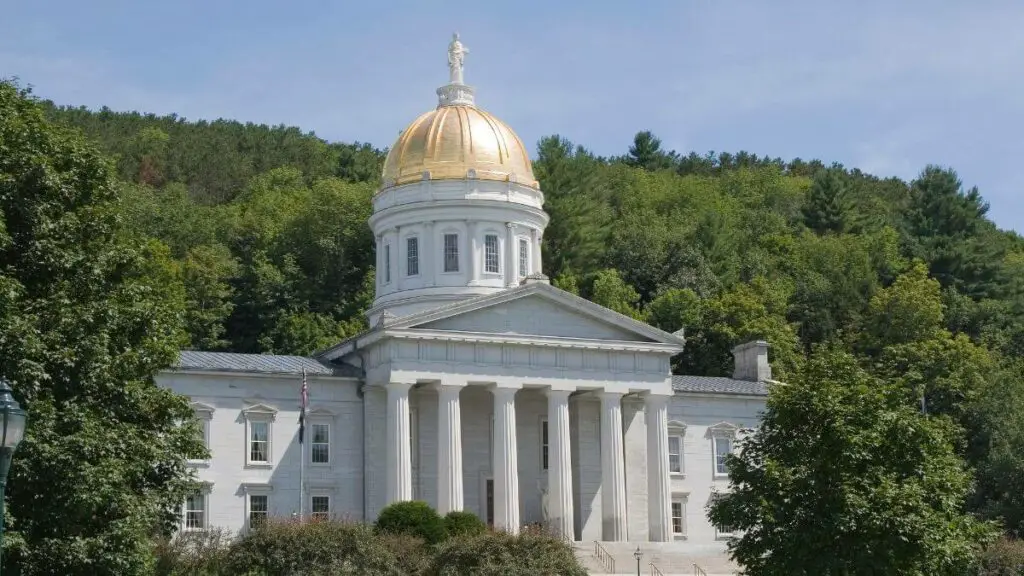There is a groundswell of support for financial literacy education in Vermont, with 93 percent of polled adults wanting “universal financial literacy education in public schools.” Part of this positive pressure may be due to the other 17 states that now – or soon will – require a standalone high school personal financial literacy (PFL) class to graduate. Vermont state Treasurer Mike Pieciak wants to make sure young Vermonters don’t fall behind. Fortunately, Vermont General Assembly bill H.228 is designed to do just that: ensure that high school students get the “gold standard” of financial literacy education by having to complete a one-semester standalone course to graduate.
If H.228 passes, it would take effect quickly, with schools implementing the required class after the 2023-24 school year. Currently, 38 percent of Vermont high schools offer a PFL class, and 11 percent require students to take it. In a testimony on February 8, a longtime PFL teacher gave a speech promoting the bill. In an op-ed published a few weeks later, teacher Courtney Poquette heartily endorsed H.228 and praised existing efforts in the state to improve financial literacy, especially by colleges and universities. She also referenced personal examples of students and their parents praising the educational results of her class.
Vermont has Recently Updated Financial Literacy Standards
The state has made recent strides in improving its financial literacy education. In 2018, it adopted the national financial literacy education standards from Jump$tart. In a rather unique feature, the Vermont Agency of Education created a “Portrait of a Graduate” that involved the input of over 300 individuals. This Portrait of a Graduate identified financial literacy as a key necessity for a high school graduate. As of February 2021, the state has developed integrated financial literacy standards for high school and earlier grades. These integrated standards have earned Vermont a passing “C” grade from the American Public Education Foundation for financial literacy education, but the state should be pushing for an “A”!
MyMoney.Vermont.gov, managed by the Vermont Financial Literacy Working Group, offers financial literacy education to all Vermonters. This site includes a resource map showing the location of various types of resource offices, ranging from tax assistance to consumer protection to career resources.
Liberal U.S. Senator Seeks More Money for Public Education
When it comes to getting more money for public education through the federal budget, Vermont has a powerful ally in liberal U.S. Senator Bernie Sanders (I-VT), who is the new chair of the Senate Committee on Health, Education, Labor & Pensions. As a federal legislator and a Vermonter, Sanders has advocated for increased school funding and teacher pay. The Pay Teachers Act, introduced in March 2023, would use federal funds to increase teacher starting pay across the United States. Although this Act would not directly fund PFL classes, it would increase the number of available teachers who are able and willing to teach the course. Sanders has also called for federal grants directly for Career and Technical Education (CTE), which has traditionally included classes related to Personal Financial Literacy, Business, and Accounting.

